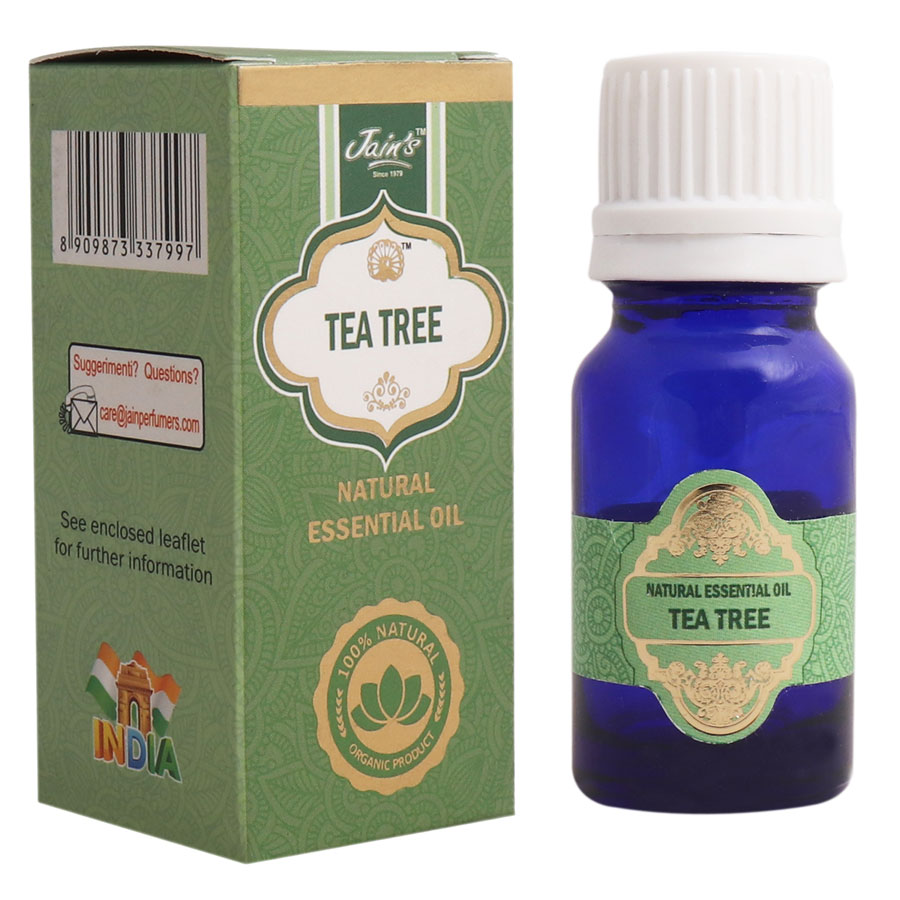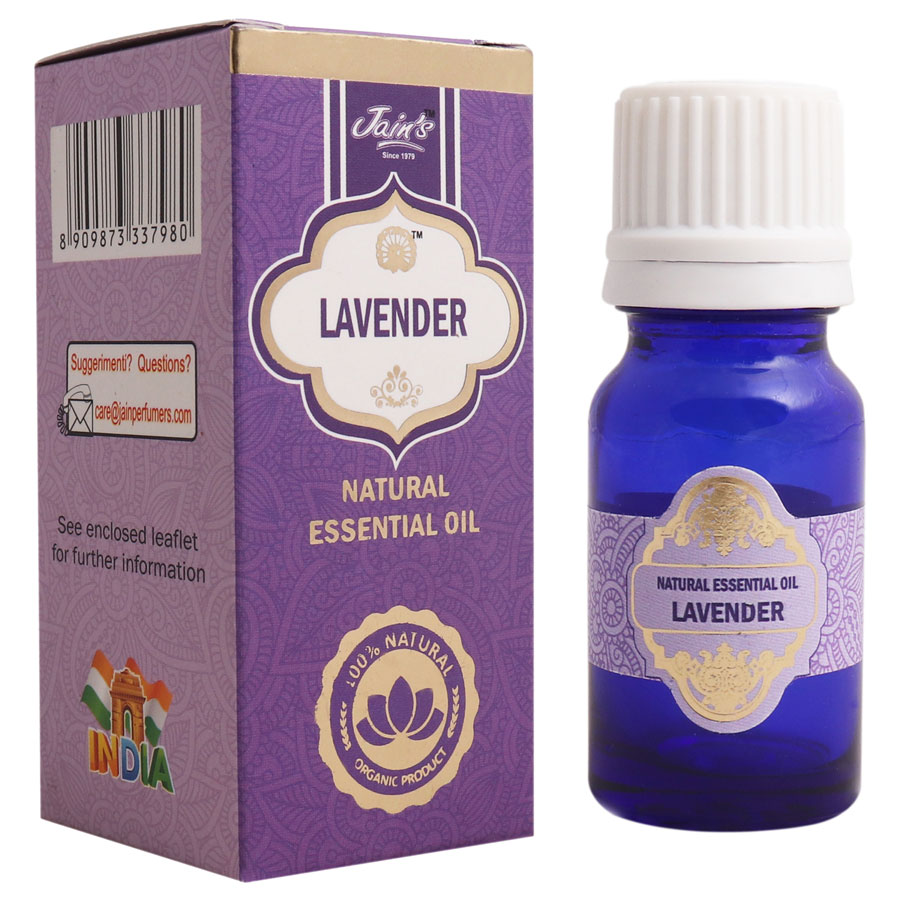
Top 4 Health benefits of using essential oils
Essential oils are known for their wonderful aromas, which can reduce stress and treat fungal infections. They also help with sleep. These oils are concentrated extracts of plants. The process of distillation converts the plant's "essence" into a liquefied form that can be used for medicinal and recreational purposes.
There are many essential oils to choose from. They are appreciated for their pleasant aroma. Some claim they have healing properties. However, side effects can occur that you need to be aware of.
Health Benefits
The use of essential oils in folk and traditional medicine is a major part of the global medical community. Modern medicine supports many of their ancient claims, including:
Stress reduction
Aromatherapy uses many essential oils to reduce anxiety and stress. Scientists discovered that orange oil reduced anxiety in male volunteers who inhaled either 2.5, 5, or 10 drops. Although more research is required, initial results are promising.
Fungal Infections
Tea tree oil research has shown promising results in antimicrobial properties long known to be a part of traditional medicine. It has been used to treat athletes' feet, oral thrush, and fungal infections such as candida. More research is required.

Sleep Aid
The relaxing scent of lavender oil is believed to improve sleep quality. This claim was tested on dementia-prone older adults. The essential oil was found to increase sleep time and help with waking up earlier in the morning.

Prevention of Disease
Many essential oils contain antioxidant properties. Free radicals can cause cell damage. Antioxidants protect cells. This can cause serious diseases like cancer. Researchers are looking into how essential oils can be added to foods to increase antioxidant intake and extend shelf life.
Health Risks
Essential oils are derived from nature and have been used for centuries. However, there is always a risk. Proper use of essential oils can lead to serious adverse reactions or even death. Essential oils must be stored and used according to the manufacturer's instructions.
Children and pets should not be exposed to essential oils. They often have a difficult time absorbing the same amount of essential oils as adults. Pregnant women should also consult their doctor before using essential oils.
Some of the side effects of essential oils have been documented as follows:
Skin Rashes
Essential oils such as orange must be well diluted to avoid side effects. Essential oils that have not been diluted are extremely potent and can cause irritation or a severe rash that will require medical attention.
Digestive Health
Essential oils should not be accidentally inhaled. Even a small amount of tea-tree oil can have serious side effects.
Hormone Imbalance
The endocrine systems might be affected by lavender oil is applied directly to the skin. Prepubescent boys who used it suffered from gynecomastia (swelling of the breast tissue). After the essential oil was stopped, the condition disappeared.
Dosage and amounts
The recommended dosages of essential oils will vary depending on the specific plant. Follow the manufacturer's instructions. You should research the safest dosages for your particular oil variety before you make your own.
Essential oils should not be added to water or oil at more than 35%. To put it another way, three drops of essential oil should be added to one teaspoon of water.
To determine the right dosage for you, essential oil manufacturers often recommend that you do a patch test. Apply a small amount of oil to a non-irritating area of your body, such as the inner forearm. You need to cover it with a bandage and leave it on for 24 hours. Wash the area well and remove the bandage if irritation occurs.
For any order please drop us an email at info@meghaaromatics.com or call +91-9312233563 +91-9899687775
Click here to check our online store Jain super store

